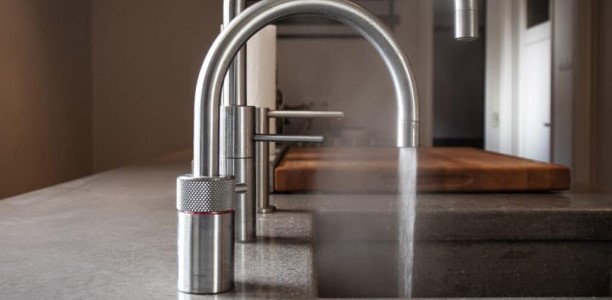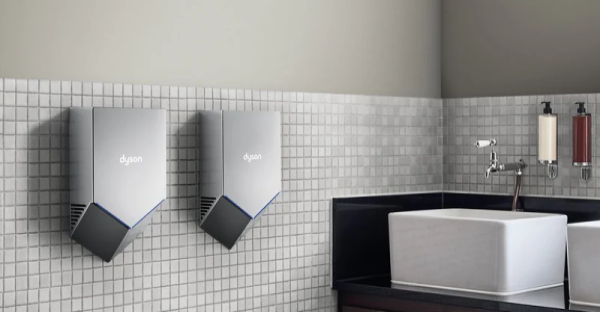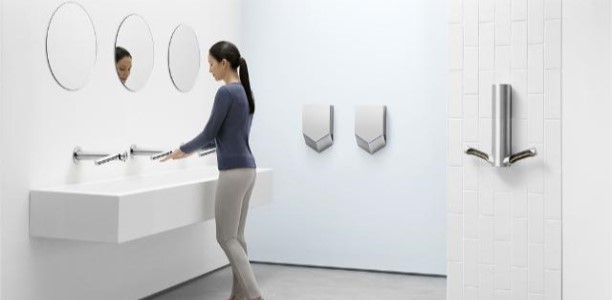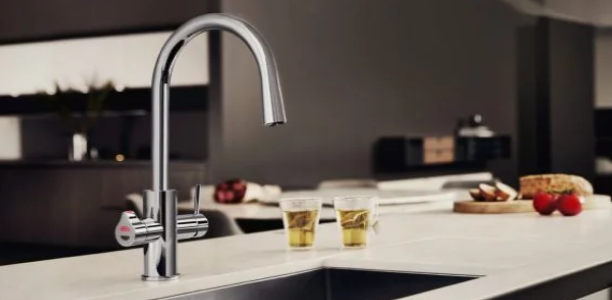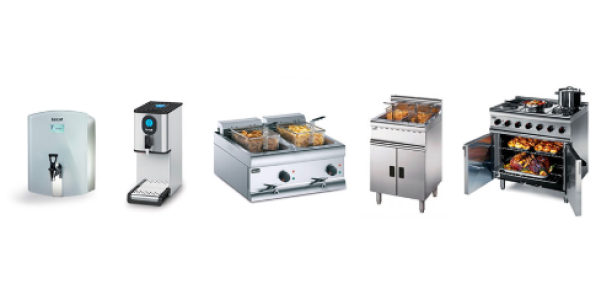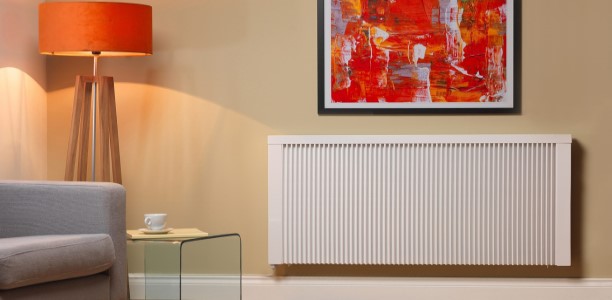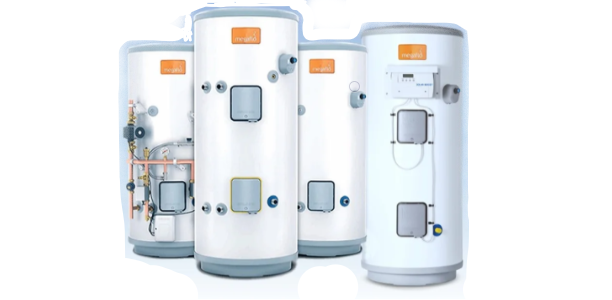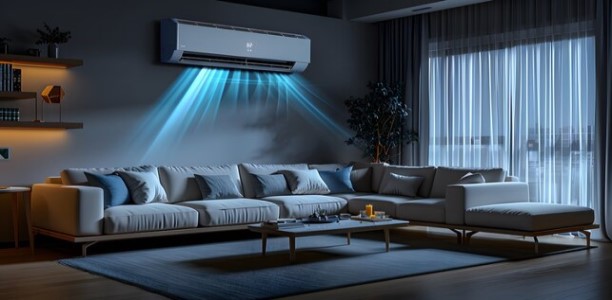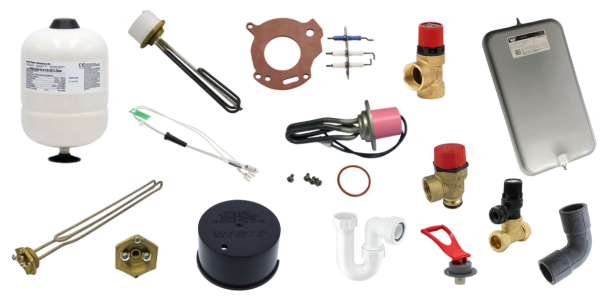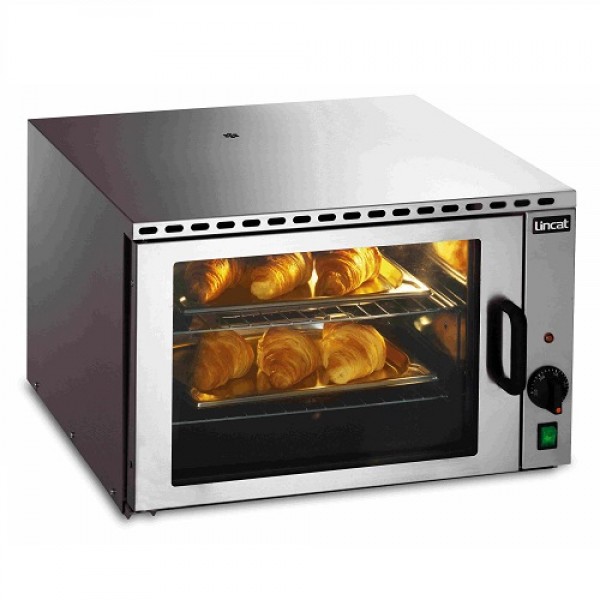
Convection Oven Advantages
More effective results are found in convection ovens because the electric elements or gas burners increase the temperature of the oven in conjunction with the high speed fan that blows the hot air around. This delivers equal heat distribution achieving more consistent cooking results. Additional benefits are their ability to optimally perform even with the oven at full capacity. Convection ovens have upper, lower and back heat sources to prevent hot spots. The internal temperature remains constant throughout because the air in the cavity is constantly circulating.
In terms of the quality of the cooking, you will find that in a convection oven meats and fish shrink less, vegetables caramelise faster, pastries become crisp faster and baked foods release steam quicker.
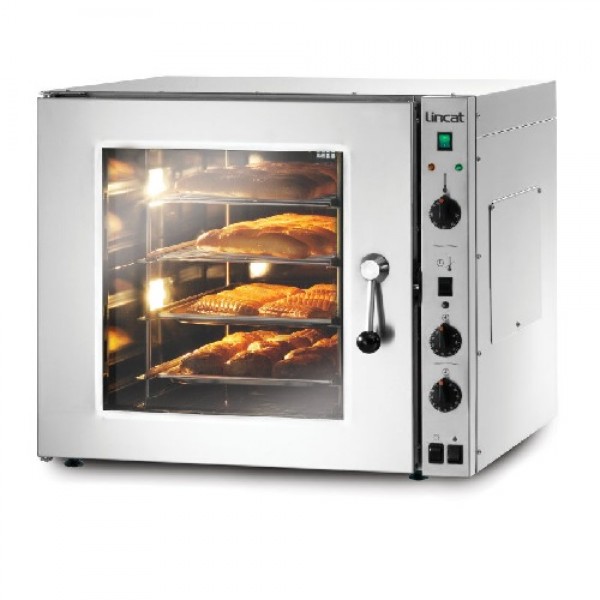
Some of the main things to consider when purchasing a convection oven are the external dimensions, capacity and positioning within the kitchen:
Dimensions: Measure up carefully!
Obviously, it needs to fit in the space you have available, but don’t forget to take account of not just the measurement of the area you want the oven to be placed, but also all doorways and corridors that you need to access the cooking area! It is not uncommon to find that the oven cannot fit through the door of the kitchen or round an awkward corner, especially in older properties!
Capacity
Capacity is often given in litres, but we would always recommend making sure you check the height width and depth against your favourite cooking trays and containers to make sure they will fit.
Convection Ovens: Gas or Electricity?
After considering the dimensions of the oven comes the decision of gas or electric. Gas models will still need an electric supply to power the fan. This shouldn’t be too problematic as most kitchens have a supply of both gas and electricity, but if you’re choosing an electric model, make sure you have a cable capable of delivering the amps the oven requires.
If you are considering a gas model it may be necessary to consider some clearance around the oven for installation and pipework. Traditionally people prefer to purchase gas appliances because in the past electric appliances have been far more costly to run. However, the gap between running costs of gas and electric products is largely narrowing with the development of efficient technology and introduction of renewable energy sources.
In Conclusion...
Overall, convection ovens are a great investment, they cook foods in a shorter period of time and at a temperature much lower; saving valuable time and money on running costs. If you need any more information on ovens for your commercial kitchen, feel free to call one of our helpful staff on 01934 253600 - we're always happy to help.






